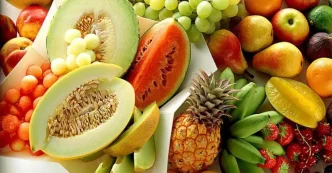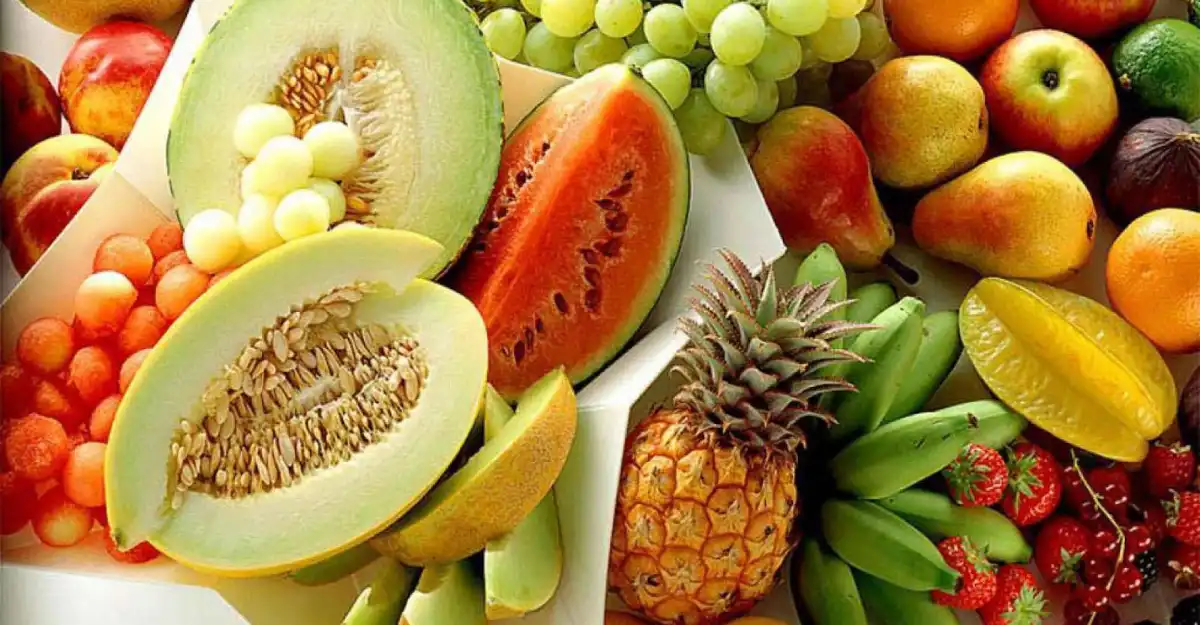Malaysian consumers are bracing for a sharp increase in the cost of imported fruits as a combination of new taxes, rising freight charges, and higher electricity tariffs take effect from July 1. Traders and wholesalers warn that the price hikes could make everyday items like apples, oranges, and grapes significantly more expensive, raising concerns about affordability and the broader impact on small and medium-sized enterprises (SMEs).
A Triple Burden for Importers
Starting July 1, a 5% Sales and Service Tax (SST) will be imposed on all imported fruits, a move that has sparked frustration among industry players. Unlike locally grown produce—such as strawberries from Cameron Highlands, which remain exempt—imported varieties will bear the additional tax. This policy comes alongside a 30% increase in freight charges at Port Klang, where container handling and storage fees are set to rise, and a hike in electricity tariffs across Peninsular Malaysia.
Chin Nyuk Moy, president of the Kuala Lumpur Fruits Wholesalers Association, highlighted the compounded impact of these changes at a press conference on June 23. “Along with the SST and rising base electricity tariffs, these changes are set to escalate operating expenses” she said. For cold storage operators like Chin, electricity costs are already a major burden, with her facility facing monthly bills of around 60,000 Malaysian Ringgit (US$12,700). “SST also applies to transport and electricity” she added, underscoring how the tax extends beyond the fruits themselves to the infrastructure supporting their distribution.
Imported fruits are further subject to import duties ranging from 5% to 30%, depending on their origin and type. “Fruits from countries such as Thailand, South Africa, and the United States still incur import taxes. With everything added up, we can’t imagine how much apples, oranges, pears, and grapes will cost after July 1” Chin warned. The cumulative effect of these costs could push retail prices to levels that deter even regular buyers, particularly during peak sales periods on the 1st and 15th of the lunar calendar months.
From Necessity to Luxury?
Traders argue that fruits, often seen as daily necessities, are being unfairly categorized as luxury goods under the expanded SST framework. “Vegetables are exempt from SST, and we believe fruits should be too. You can’t replace apples with cucumbers” Chin stated, emphasizing the nutritional importance of fruits for people of all ages. She pointed to items like avocados, once considered premium but now widely available in supermarkets, as evidence of their growing role in everyday diets. “Fruits are vital for health. It’s unjust to treat them as luxury goods” she said.
The sentiment is echoed by wholesalers like Khiew Yoon Chin, who noted a steady erosion of purchasing power. “Consumers used to be able to buy 3kg of fruit for 10 Malaysian Ringgit, but after last year’s diesel hike, that now only gets them 2kg—and with the expansion of the SST, it may soon be even less” he said. Khiew also recalled that fruits were untaxed under the previous Goods and Services Tax (GST) regime, questioning why the current policy diverges. “The government should consider the needs of the people. Fruits are rich in vitamins and essential for health—even GST didn’t tax them” he added.
Struggling SMEs and Shrinking Supply
The impact of these cost increases extends beyond consumers to the SMEs that form the backbone of Malaysia’s economy. Ong Mok Hooi, president of the Northern Kuala Lumpur Traders Association, expressed frustration at the timing of the SST expansion. “SMEs are already under pressure and cannot shoulder more costs. Expanding the SST to cover imported fruits at a time of economic uncertainty only adds to our burdens” he said. Ong questioned the government’s priorities, suggesting that support for small businesses should take precedence over what he described as wasteful expenditure. “If the government truly wants to support SMEs, it should focus on that, not waste money on white elephant projects” he remarked.
Importers are also grappling with shrinking supply and unfavorable exchange rates. Chin Nyuk Moy explained that efforts to source from more affordable countries are being undermined by global trends. “Chinese apples have also gone up. A box that used to cost 50 or 60 Malaysian Ringgit now costs 100 Malaysian Ringgit. For oranges, we’ve turned to Egypt and the Middle East for better value” she said. Meanwhile, production declines in key markets like Australia and reduced imports from the United States are tightening availability, leaving wholesalers with little room to absorb costs.
The pressure on profit margins is acute. “If people begin cutting back, we will be forced to reduce imports. Our margins are already razor-thin, and we still have to cover labor and operating costs” Chin warned. For many in the industry, the fear is that higher prices will dampen demand, creating a vicious cycle of reduced sales and further financial strain.
Policy Context and Public Reaction
The decision to apply SST to imported fruits comes as part of broader fiscal adjustments in Malaysia, aimed at increasing government revenue amid economic recovery efforts. While locally grown produce remains exempt, the distinction has drawn criticism for overlooking the reliance of many consumers on imported varieties, which often fill gaps in domestic supply. The policy also contrasts with the earlier GST framework, which did not tax fruits, raising questions about consistency in how essential goods are classified.
Beyond the fruit trade, the SST expansion is part of a larger set of challenges facing Malaysian businesses, including income tax obligations, contributions to the Social Security Organization (PERKESO), rising transport costs, and the introduction of new e-invoicing rules. For SMEs already stretched thin, as Ong Mok Hooi noted, each additional cost compounds the difficulty of staying afloat. “If business keeps declining, why are we hiring so many workers?” he asked, pointing to the potential for job losses if the situation worsens.
Public reaction to the impending price hikes remains uncertain, but early signs suggest growing unease. Social media platforms in Malaysia have seen discussions about the rising cost of living, with some users questioning why essential items like fruits are being targeted for taxation. While the government has yet to respond directly to the concerns raised by traders, the issue could become a flashpoint as July 1 approaches, particularly if consumers begin to feel the pinch at checkout counters.
Economic Implications and Regional Comparisons
The rising cost of imported fruits in Malaysia is emblematic of broader inflationary pressures across Southeast Asia, where supply chain disruptions, currency fluctuations, and policy changes are driving up prices for everyday goods. In neighboring Thailand, for instance, import duties on certain fruits have also sparked debate, though exemptions for ASEAN-sourced produce offer some relief. Singapore, with its heavy reliance on imports, has managed to stabilize food prices through targeted subsidies, a model that Malaysian traders might look to for inspiration.
Economists caution that sustained price increases for essentials like fruits could have ripple effects on consumer spending, particularly among lower- and middle-income households. With fruit sales often peaking during cultural and religious observances, any drop in demand could also impact seasonal revenue for wholesalers and retailers. At a macro level, the strain on SMEs—already a critical driver of Malaysia’s economy—risks slowing broader recovery efforts if businesses are forced to scale back operations or lay off workers.
For now, the fruit trade serves as a microcosm of the challenges facing Malaysia’s post-pandemic economy: balancing fiscal needs with public affordability, supporting local industries without alienating global supply chains, and ensuring that SMEs remain viable amid rising costs. Whether the government will reconsider the SST on imported fruits remains to be seen, but the clock is ticking for both traders and consumers.
Looking Ahead
As July 1 looms, the question of how Malaysian consumers will adapt to higher fruit prices hangs in the balance. Will families cut back on these nutritional staples, or will public pressure prompt a policy rethink? For wholesalers like Chin Nyuk Moy and Khiew Yoon Chin, the hope is for dialogue with authorities to address the unique role of fruits in daily life. For now, the shelves of Kuala Lumpur’s markets remain stocked—but at what cost to the average shopper?















